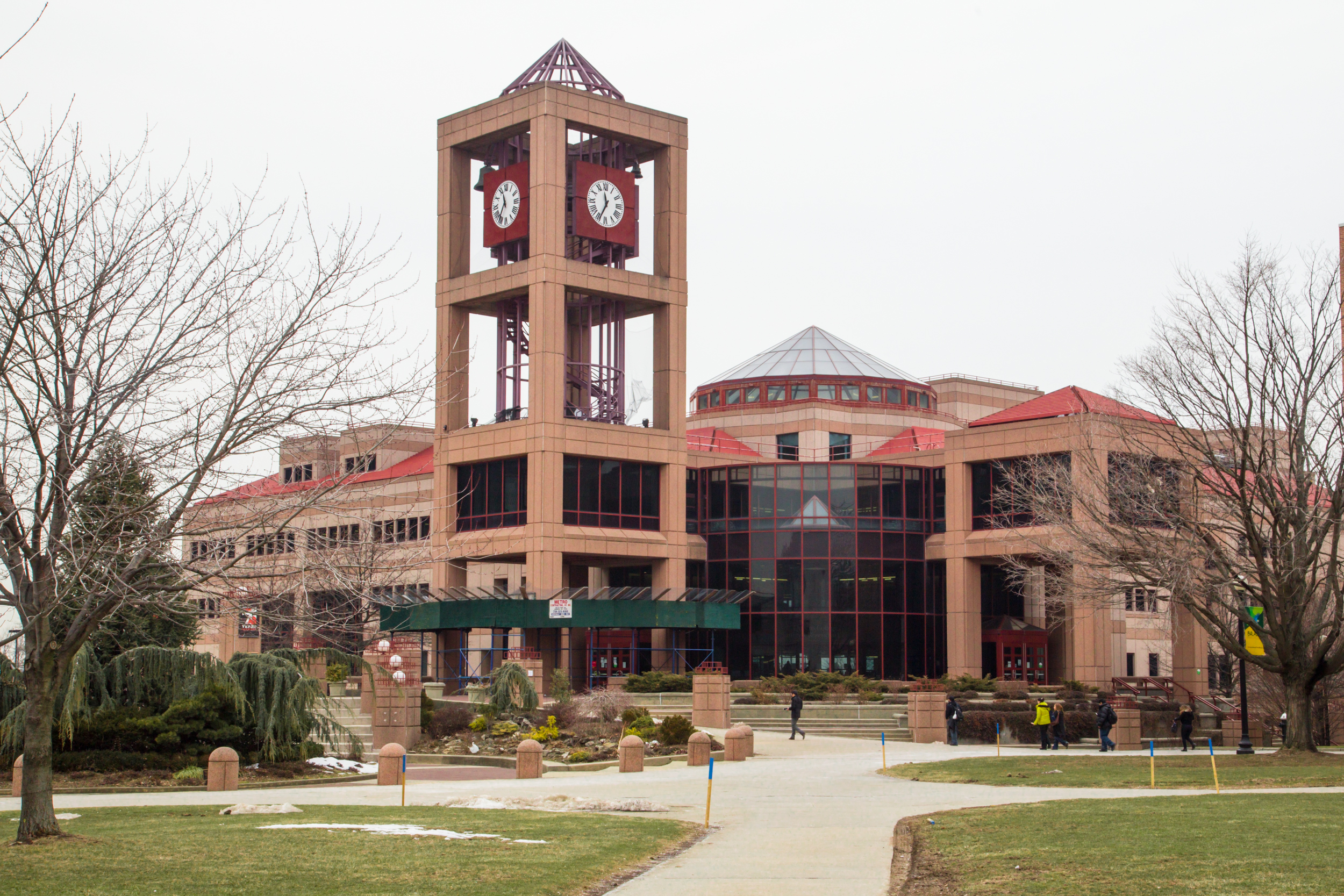When it comes to online learning, there are two primary modes: asynchronous & synchronous class sessions. What’s the difference? Essentially, a synchronous class is one that meets live at a certain time(s) during the week. This meeting could be a video meeting (zoom), a chat session (slack), etc. Asynchronous learning is the online modality where the class doesn’t meet at a fixed time during the week. Students are expected to log into their respective systems and complete their tasks at times they prefer. A lot of people who like to learn at their own pace while maintaining their schedules prefer the asynchronous method of online courses. The biggest benefit of an asynchronous mode is the flexibility to complete tasks at convenient times.
Many CUNY students nowadays attend asynchronous classes, and QC students are no exception. A huge number of QC students are in the NYC workforce. Most of our schedules look like: commute, work, commute, come-to-class, commute, repeat. Due to the nature of our schedules, a lot of QC students might find the option of asynchronous learning incredibly valuable. But what is the future of the asynchronous mode of online learning at QC?
The Knight News reached out to a few students, professors, and administrators to learn their attitude toward asynchronous learning. When asked whether we’ll see a shift toward more asynchronous classes offered at QC, William McClure, the Dean of Faculty for the School of Arts and Humanities, said, “I think we all learned a lot about various modes of instruction during the pandemic, but we did not all learn the same thing… Moving forward, I expect there to be more variety in the modes of instruction, but I don’t expect a wholesale movement in any one direction. There is certainly no consensus that asynchronous is best or worst, for example. Many people are very happy to be back in the classroom, but some people still prefer online instruction. From my perspective, I am asking my departments to review their classroom pedagogy and make changes to the pedagogy where they make sense. Again, I expect more variety, and hopefully increased effectiveness, but I don’t expect everything to be changed in the same way.” Dean McClure informed The Knight News that majors with online enrollment greater than 50% must be registered with New York State as an online course of study (this rule was waived during the pandemic). The online part may be synchronous or asynchronous.
Ryan Black, Assistant Professor of English, told us about a general concern he has with intellectual property when it comes to asynchronous learning. He then added that if he was teaching an online course, he’d prefer a mix of synchronous and asynchronous. Sonia Aker, a Food and Nutrition Science student at Hunter College, says, “I prefer in-person classes. If I were to take an online class, I would prefer it to be an asynchronous session. There’s no way I will be getting the adequate amount of work done if I was left on my own devices (asynchronous).” Sonia’s comment draws attention to the need for discipline with asynchronous learning. Can the pandemic culture of asynchronous learning be transformed into an individualist discipline? Perhaps the education system in the US, and certainly NYC and CUNY, is not well-resourced enough for asynchronous learning.
We asked Joseph Cohen, Associate Professor of Sociology at QC and executive producer for the QC POD, what he thought about asynchronous learning at QC. He told us that there is a lot of demand for asynchronous classes. However, he adds, “the main problem was that it proved hard to develop quality asynchronous learning opportunities.” Professor Cohen drew attention to the fact that a lot of professors are not well-prepared for the online medium. He told us that he’s been into online teaching for a long time. However, he’s grown less excited about asynchronous learning over time. He says, “A peak learning experience happens in the context of live interactions between the student, the instructor, and the student’s classmates.”
To learn further about the future of asynchronous teaching at QC, The Knight News reached out to the Provost and Senior Vice President for Academic Affairs, Elizabeth F. Hendrey: “Asynchronous learning proved to be very useful for many engaged in remote learning during the pandemic. We are exploring ways in which the asynchronous learning experience can be improved through more support and different approaches to instruction. The success of these factors would depend on the course level and topic, which is something that we are taking into consideration.”











